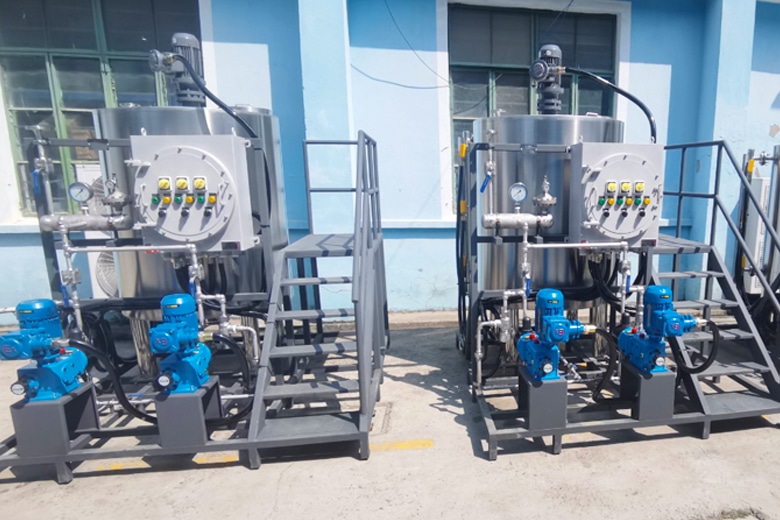Selecting the best platform for developing mobile apps is crucial. This will affect the price as well as the duration and experience.
Native applications are specifically designed for the platform they is updated regularly to ensure seamless, bug-free functionality. It is a costly and lengthy procedure.
Facebook created React Native that has some drawbacks. The framework could be vulnerable to changes in the future by Facebook or Apple as well as Google.
Mobile App Development Comparison
If you are a startup bringing your product to the market using a hybrid framework that blends the best of the two worlds is an excellent option. Many apps were created using React Native, including Facebook, Instagram, Airbnb, Pinterest, Spotify, Skype and TikTok.
In these cases, the cross-platform capabilities of RN and its benefits associated from it-like live and hot reloading are better than the effort creating two separate base of code for each platform. Additionally, they need to be able to upgrade the application quickly. the speed of RN’s app is an important drawcard.
For Walmart its e-commerce app, which utilizes React Native for iOS and Android The ability to reuse the majority of their software and produce high-performance outcomes was enough to persuade the company to select RN instead of native development. But, certain applications need the speed that native technology offers, particularly applications with intricate graphics or heavy data processing. The good news is that native modules are able to provide the necessary support needed for these types of tasks.
Choosing Between React Native and Native Development
React Native is an open-source framework for cross-platform use that is now the preferred option for mobile app developers. Developers can build applications that work on Android as well as iOS with the same source code, which saves the time and cost. Also, it supports hot reloading that can cut down on time to build the app and boost the efficiency. Many of the most well-known digital services, such as Facebook as well as Instagram make use of React Native.
 React Native applications are written using JavaScript which allows them to benefit from the hardware and software of the device to provide a user experience similar to native apps. They be faster to load, use smaller memory and also have less of a download as opposed to traditional web-based apps.
React Native applications are written using JavaScript which allows them to benefit from the hardware and software of the device to provide a user experience similar to native apps. They be faster to load, use smaller memory and also have less of a download as opposed to traditional web-based apps.
But, certain features in native apps may not be accessible within React Native apps, such cameras and microphones. Additionally, React Native apps can be slow in the creation of complex animations react native app development services, as well as other functions that require a lot of data.
Cross Platform vs. Native App Development
In deciding on the development approach you will use to develop the mobile application There are a variety of aspects to take into consideration. The first step is decide if cross-platform or native is the right option for your application. Native applications are more efficient and they are also more compatible with operating systems. They also have access to underlying OS resources like APIs, native modules and other resources which are specific to each platform.
React-Native is a free framework for cross-platforms that lets developers to develop applications that appear and feel as native mobile apps. It’s used by a variety of well-known apps, such as Discord which is a messaging and gaming application which connects gamers via video, voice as well as text chat. React-Native can also be used to create on-demand services, like ride-hailing or food delivery services.
One of the major benefits of React-Native is the fact that it cuts down on the time to develop and costs as compared with native applications. React-Native is built on a single codebase and also supports hot reloading making it simple to modify the application without needing to build it from scratch.
Pros and Cons of React Native and Native Development
The framework you choose to build your mobile app could determine the success of your app. There are so many choices available and a variety of frameworks to choose from, it is difficult to decide which one is most appropriate for your needs.
React Native offers many advantages in comparison to other mobile development tools that include a low cost and the ability to work across platforms. It is, however, important to be aware of its weaknesses and possible issues before making a decision.
One of the main issues for React Native is the fact it is based on JavaScript that is susceptible to bug. This means that React Native apps require more rigorous testing than would be required for an native application.
Another problem that is a problem with React Native is that it requires bridges in order to connect native APIs. This could reduce performance, and cause incompatibilities between different the different platforms.
In the end, React Native is built by Facebook and could alter its strategy or cease support for the platform at some point in the near future. This could be an issue for businesses that wish to stay away from one particular vendor.
